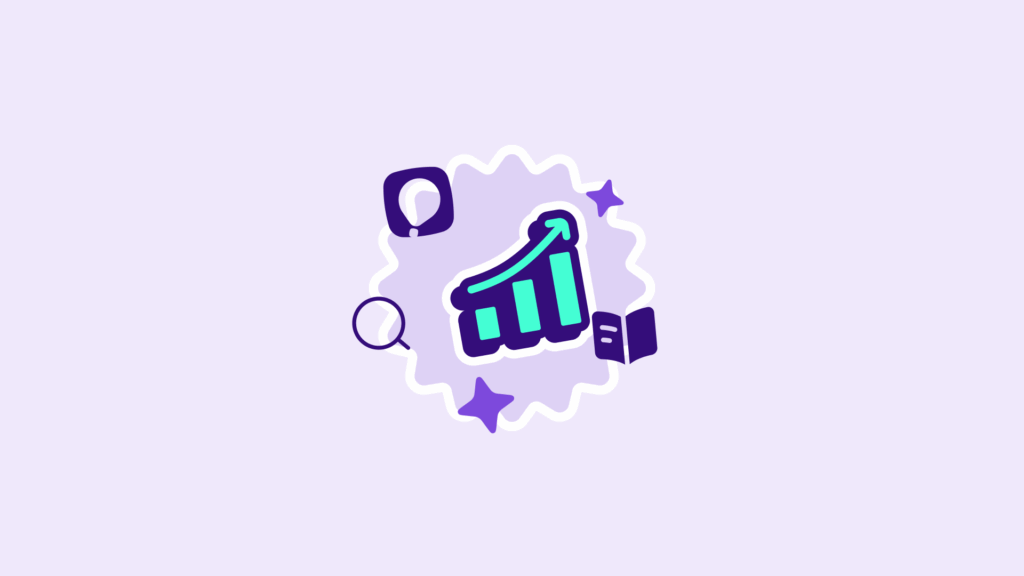Spend, Save, Stay on Track: Master Your Budget
Budgeting is a personal plan for your lifestyle and goals. No matter your approach, a solid budget is the key to living within your means.

Step 1: Understanding Your Finances
To budget effectively, you need a clear picture of what’s coming in and what’s going out. This means accounting for:
- Income: Your salary, side hustles, benefits, or any other money coming in.
- Fixed Expenses: Rent/mortgage, utility bills, insurance, loan repayments.
- Variable Expenses: Groceries, transport, entertainment, subscriptions.
- Savings & Debt Repayments: What’s left for saving or paying down debts.
Some months you may have extra expenses (hello, surprise home repairs), while other months might be lighter. Keeping track ensures you stay on top of it all. Updraft makes this simple by using Open Banking to give you a full picture of your finances in one place.
Open Banking: Your Budgeting Superpower
Thanks to Open Banking, you can:
See all your accounts, cards, and loans in one place.
Get smarter insights on your spending.
Verify bank information quickly.
Move money easily and securely.
Set up a tailored payoff plan to cut down interest rates.
Top Tips for Keeping Your Spending on Track
Make a Budget (And Actually Stick to It!)
A monthly budget helps you see where your money is going and what you can afford. If you don’t have one yet, start now—it’s a game-changer.
Track Your Spending Like a Pro
There are loads of apps that log every purchase and help you identify sneaky spending habits (yes, that daily coffee run adds up!). You might even spot unused subscriptions that you can cancel to save extra cash.
Set Meaningful Financial Goals
Goals keep you motivated. Whether it’s saving for a trip, clearing debt, or buying a home, having clear financial targets makes sticking to a budget much easier.
Shop Smart: Lists Are Your Best Friend
Impulse spending is the enemy of budgeting. Before heading to the grocery store (or online shopping), make a list and stick to it. This small habit can save you serious money over time.
The 24-Hour Rule for Big Purchases
Thinking of splurging? Pause. Give yourself 24 hours (or even a week) to decide if it’s really worth it. More often than not, you’ll realise you don’t actually need it.
Try a “No-Spend” Challenge
Could you go a month without non-essential purchases? Challenge yourself to cut out eating out, shopping, and entertainment for 30 days—it’s a great way to reset your spending habits.
Make a Plan to Crush Your Debt
Minimum payments on high-interest debt? That’s a recipe for staying stuck. Use an online calculator to create a payoff plan and set up automatic payments so you stay on track. Updraft can help with this— if you are eligible our tailored loan plans can cut down your credit card interest and help you pay off debt faster.
Discover more practical tips to save and spend wisely. Check out our Smart Money Habits page to find even more ways to save.
Want to take control of your money? If you’re looking to consolidate credit card debt and cut down on high interest, download the Updraft app today!
Loans from 14% APR. 24.6% APR Representative.
24.6% APR Representative based on a £10,000 loan over 60 months at 19.9% fixed interest p.a. Monthly repayment: £277.60. Total repayable: £16,656 (inc. £500 fee). Subject to status and affordability. Consolidating debt may increase the term and total amount repaid.
All figures are representative, the rate you are offered will depend on an assessment of credit worthiness and affordability. Terms and conditions apply.